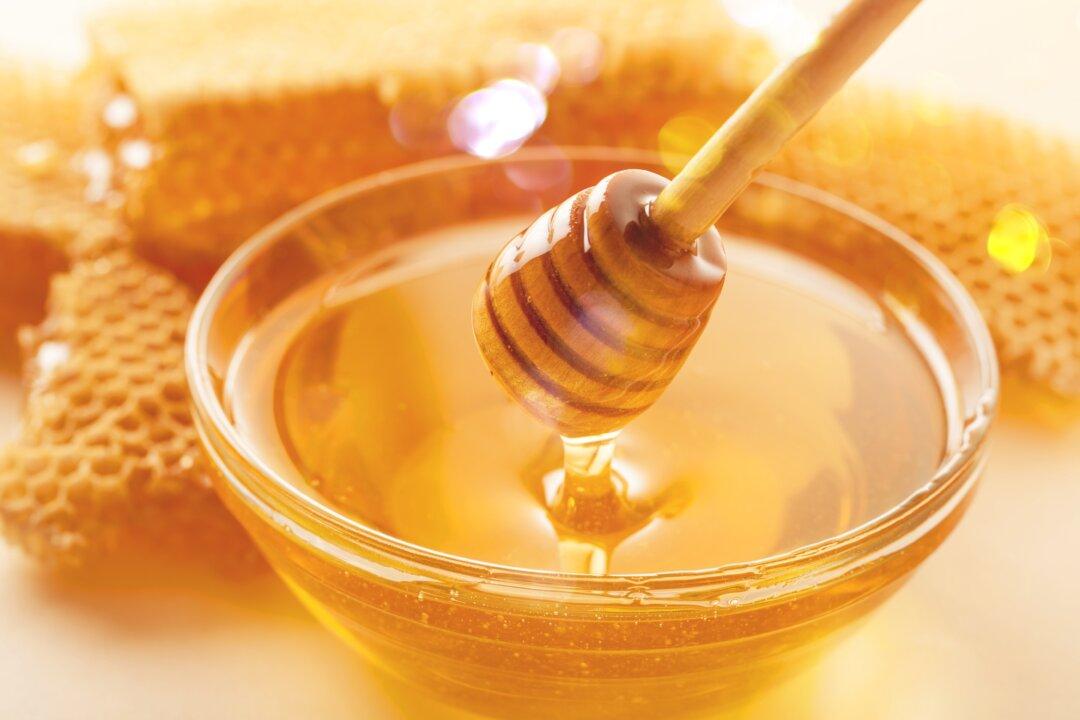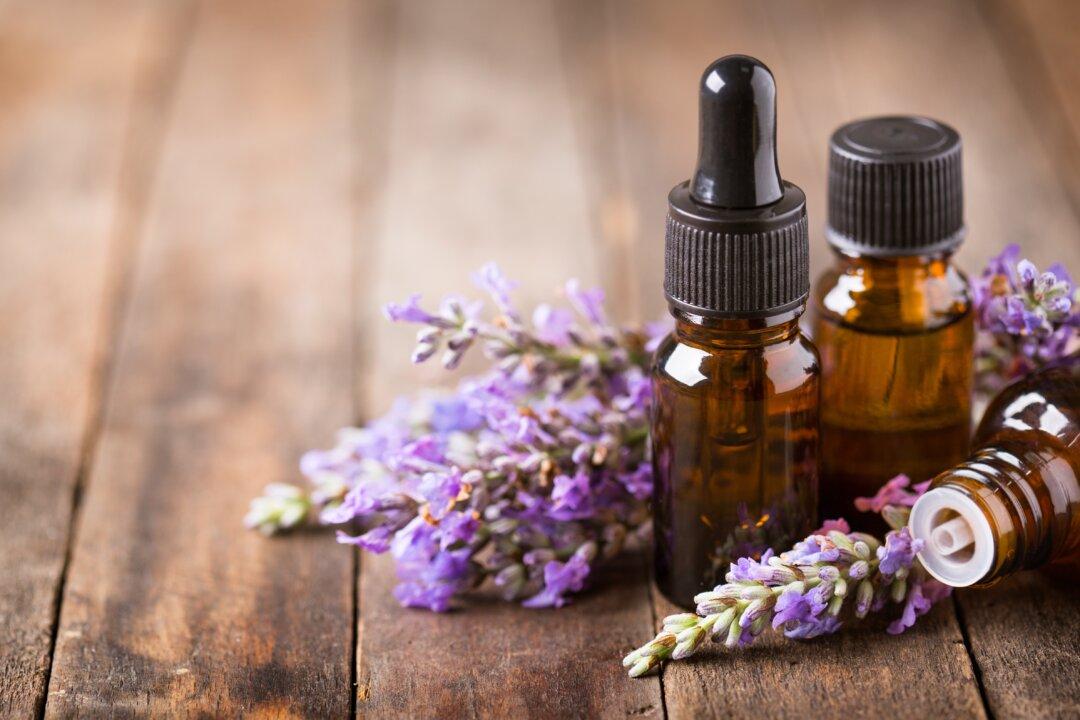Beyond the natural and raw honey that you normally find in the grocery store or market, New Zealand boasts some unique and healthful honey varieties. These gourmet honeys—like Manuka, Acacia, and Pohutukawa—have been getting more of the spotlight in recent years due to increasing health trends at all ages.
Manuka Honey: Myth and Facts
Manuka honey is made by bees that pollinate the Manuka tree, which grows mainly in New Zealand. Manuka honey has high antibacterial properties, called methylglyoxal (MGO). This honey also has higher antioxidants and anti-inflammatory properties than regular honey.It is rich in nutritional value: containing vitamin B, vitamin C, and minerals like calcium, iron, zinc, potassium, and magnesium. Manuka honey also contains a large number of phenolic compounds: flavonoids and phenolic acids, also known as polyphenols.
5 Facts About Manuka Honey You Ought to Know
- Flavonoids in Manuka honey have important immunomodulatory effects. Therefore, anyone taking immunity suppressants should consult their doctor before consuming Manuka honey.
- Do not use a metal spoon with your honey. Honey is acidic and will react with metal surfaces.
- Medically, Manuka honey can be used for healing wounds and burns. However, the honey to treat wounds is a medical grade honey. It is sterilized and different from the jar of Manuka honey you buy in a grocery store. The UMFHA (Unique Manuka Factor Honey Association) in New Zealand doesn’t recommend that so-called “Medical Grade”, or “Clinical Grade” Manuka honey be sold at regular grocery stores. Likewise, a jar of Manuka honey should not be part of your first-aid kit.
- Manuka honey is one of the most expensive honeys in the world. That is because the Manuka flowers are extremely delicate and, therefore, are susceptible to variations in climate, rainfall, and wind. Furthermore, these flowers are only in bloom for two to six weeks each year, and some individual flowers may only bloom for five days. This makes it extremely difficult for bees to collect large quantities of nectar from the Manuka flower.
- It is important to understand the MGO and UMF (Unique Manuka Factor) grades for Manuka honey. But more importantly, you must check to make sure it is monofloral honey and has the UMF certificate labeled on the jar to identify that it is genuine Manuka honey.


